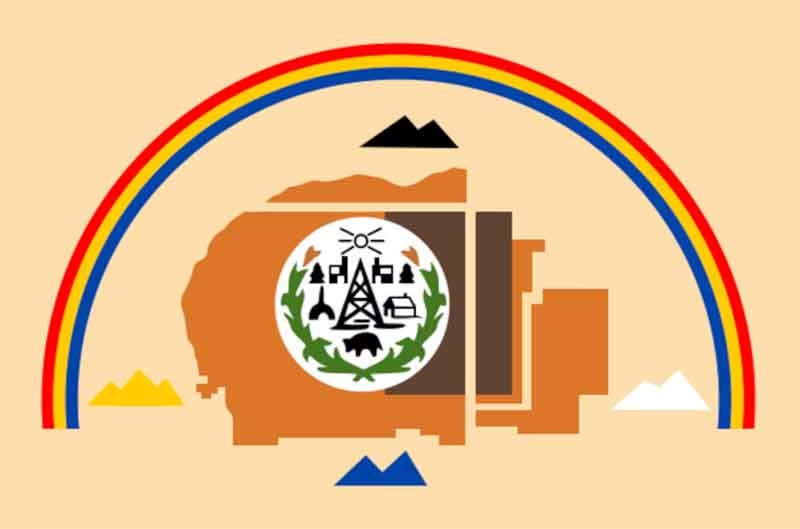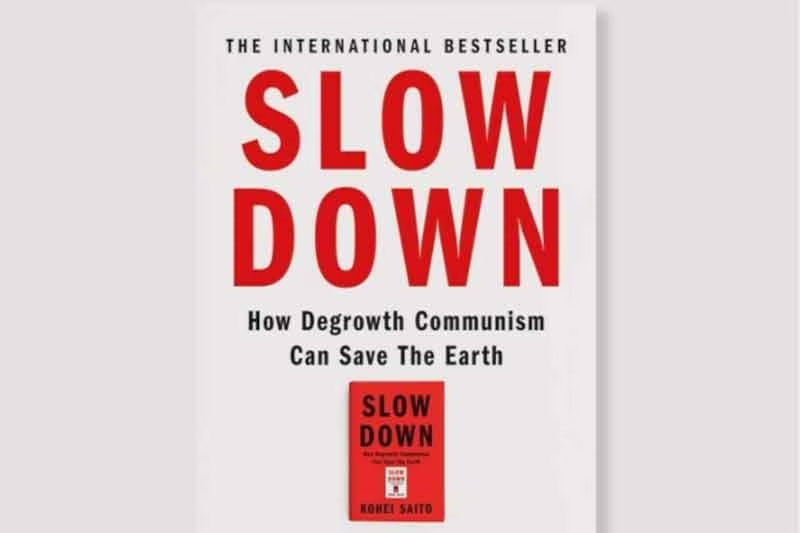
A celebration, a paradox, a fundamental question
Algeria is celebrating Eid al-Adha, the Feast of the Sacrifice. A sacred moment of remembrance, sharing, and spirituality. Yet, once again this year, a large portion of the population is faced with a harsh reality: the sheep has become a luxury. Its price has skyrocketed, supply is uncertain, and the state, in a commendable effort, had to mobilize significant resources to import sheep from Romania and Spain. Throughout the year, in an attempt to ease pressure, beef is imported from Brazil or elsewhere—frozen, packaged, and transported at great cost.
At the same time, local breeders—especially in Djelfa, Laghouat, El Bayadh, Naâma—are raising the alarm about the soaring prices of animal feed, which is itself imported, and about the gradual collapse of the steppes, eaten away by desertification.
Faced with this paradox, a central question arises:
How can such a vast country, so rich in knowledge and agricultural potential, be so dependent on foreign sources to feed its people?
Algeria has the largest land area in Africa. It holds one of the most powerful solar reserves in the world, with semi-arid lands full of potential, and a youth population that is available, willing, but often unemployed.
Why can’t we produce our own food sustainably?
Why do we import what we could grow and raise ourselves?
Why is fertile land abandoned, while our markets depend on cargo ships and foreign currency?
1. A Silent Emergency: Dependence and Degradation
This crisis is not new, but it’s worsening. It is a water crisis, an agronomic crisis, and a social crisis.
- Water, because although rainfall is low, it still exists—but we waste it. It runs off into gutters, dry riverbeds, or evaporates unused. Every year, millions of cubic meters of water flow into the sea or the desert, when they could be stored to irrigate, cool, and nourish.
- Agronomic, because our soils are depleted. Erosion is gaining ground, intensive monocultures are degrading the land, and biodiversity is collapsing. The steppes, once home to millions of livestock, are turning into rocky wastelands.
- Social, because the countryside is emptying. Young people leave the land in search of a future in cities or abroad. Agriculture, instead of being a source of dignity, has become synonymous with hardship.
The paradox is stark: it still rains, but drought worsens. Desertification is not due to lack of rain, but to the disruption of natural water and life cycles.
2. Regreening Fertile Edges: Urgency in the Steppes and Highlands
As desertification advances, we must protect the transitional lands:
The steppes of Djelfa, the highlands of Naâma, the semi-arid outskirts of South Constantine, the Saharan foothills.
A decisive battle is being fought here. These lands are still alive, still capable of being fertile again. Communities live here who, for generations, have known how to survive with little—raising livestock, growing grains, preserving rangelands.
Solutions are not laboratory fantasies. They exist. They are simple, robust, replicable:
- Windbreak hedges to protect and hold the soil
- Half-moon micro-basins to capture rainwater and grow forage
- Infiltration ditches, stone bunds, to retain water where it falls
- Local composting, biochar, organic soil amendments
- Agroforestry, intercropping, rotational grazing to restore life cycles
These techniques are inexpensive. They require know-how, organization, and political will.
Countries like Burkina Faso and Niger apply them with impressive results.
Why not us?
3. The Oases: Centers of Wisdom, Keys to the Future
Algerian oases are not just tourist curiosities. They are ingenious systems, places where humans have lived for centuries in harmony with the arid environment.
The foggaras, palm groves, layered crops, circular economies—all speak of territorial intelligence.
But today, this oasis genius is under threat. Urban sprawl, pollution, the abandonment of traditional knowledge, drying aquifers, and broken generational transmission are undermining their balance.
Yet oases can be laboratories of the future. We can develop:
- Simple, autonomous phyto-purification systems to treat greywater
- Local industries for processing palm products, medicinal plants, prickly pear, and moringa
- Agroecology schools, training youth in soil regeneration, gentle water management, local food and craft production
Oases are models of sobriety, resilience, and beauty. They are not relics to photograph, but seeds of civilization.
4. The World Is Changing: International Examples Show the Way
In a world shaken by climate change, those who adapt are the ones who thrive.
- In Saudi Arabia, the Al Baydha project managed to regreen a mountainous desert through permaculture, water management, and the revival of tribal knowledge. In under 10 years, dozens of hectares went from barren to thriving.
- In China, the Green Great Wall has been pushing back the Gobi Desert since 1978.
- In Kubuqi, a sterile desert was transformed into a hub of agriculture, solar energy, and ecotourism.
- In the Sahel, half-moons, stone lines, and swales are transforming entire villages. Trees return. Livestock returns. Water returns.
These techniques share a core principle:
Plant water before planting trees.
Slow it, infiltrate it, store it, value every drop.
Why shouldn’t Algeria—with its technical capacity and human resources—lead this quiet revolution?
5. Investing in Life: A Compass for Sovereignty
Good ideas are not enough. We must redirect investment.
Today, too much funding goes to concrete, imports, short-term fixes.
Tomorrow, we must:
- Fund soil restoration
- Train an army of regenerators (hydrologists, agroecologists, foresters, life engineers)
- Redirect subsidies toward those who bring territories back to life
- Support rural cooperatives, circular economies, local processing
Every dinar invested in a hedge, a basin, a composter, a regenerative training program is a dinar saved from imports, dependency, and rural exodus.
This is not charity.
This is national strategy.
6. The Sahara Can Bloom Again: A Horizon for Algeria
The Sahara is often described as a void, a hostile space. That’s a misguided perspective. The desert is not sterile. It is fragile, complex, powerful. It holds buried memory, dormant water, and ancestral knowledge.
What if it became the global laboratory for territorial regeneration?
Imagine:
- A Maghreb-Sahel-Europe alliance to co-finance the restoration of desertified lands
- Pilot zones in the Saharan Atlas and High Plateaus, combining agroecology, water retention, renewable energy, and vernacular architecture
- Universities of regeneration, training youth from across Africa in living systems management
- Ecological diplomacy replacing pipeline geopolitics with the language of trees, water, and cooperation
This is not a utopia. It is a visionary choice. And Algeria holds all the cards to lead it.
7. Eid, the Sheep, and Pastoral Sovereignty
Let’s return to the initial image. Every imported sheep, every frozen ton of beef from Brazil is a sign of structural failure—but also a positive signal.
It means that policymakers are looking for solutions. That there’s a will to ease social tensions.
That’s commendable.
But beyond these one-time measures, we must ask the real questions:
- How can we empower breeders in Djelfa, Mechria, El Bayadh to produce at sustainable cost
- How do we capture the rainwater instead of letting it vanish?
- How do we support territorial, pastoral, food-producing agriculture?
Algeria can raise its own sheep, feed its own children, and value its own ecosystems.
But for that, we must:
- Dare to change our economic model
- Value rainwater, local food systems, and traditional knowledge
- Listen to those who work the land, who see the soil suffer, the wells dry up, the youth leave.
8. A Regenerative Policy: Roadmap for a Living Nation
Here are some concrete priorities:
1. Save the margins: steppes, Saharan foothills, endangered oases. These are buffer zones that must be restored first.
2. Repair the water cycle: retain water where it falls, infiltrate rather than drain, restore the wadis, revitalize aquifers.
3. Widespread use of phytoremediation and recycled water for growing pastureland.
4. Scale up suitable agricultural practices: permaculture, living hedges, agroforestry, half-moon catchment techniques, greywater harvesting.
5. Train, equip, and value life-based professions: regenerative farmers, hydrologists, soil artisans, young cooperators.
6. Redirect investment priorities: less importation, more resilience; fewer announcements, more visible projects.
7. Create a strong national signal: a regeneration pact led by the state, local governments, universities, and citizens.
Conclusion: The Choice of Life
This text is not a naïve dream. It is a grounded and lucid plea. Algeria has everything it needs to become a great nurturing nation again: sunlight, water (rare but sufficient), vast lands, available hands, powerful knowledge, and deep faith. What it needs now is a shift in perspective, a coalition for life, a regenerative national strategy.
Every drop counts. Every hectare can be revived. Every young person can become an artisan of sovereignty. The Sahara has not spoken its last word. It waits. It watches. It hopes.
The time for speeches is over. The time is for regeneration. Now.
Subscribe to Our Newsletter
Get the latest CounterCurrents updates delivered straight to your inbox.
El Habib Ben Amara is an architect and urban designer from a tribal ksar (fortified oasis) in Algeria. He’s an activist against desertification and one of the foremost authorities on sustainable water management in the Sahara, and has written for major Algerian newspapers.
Originally published in Resilience.org













































